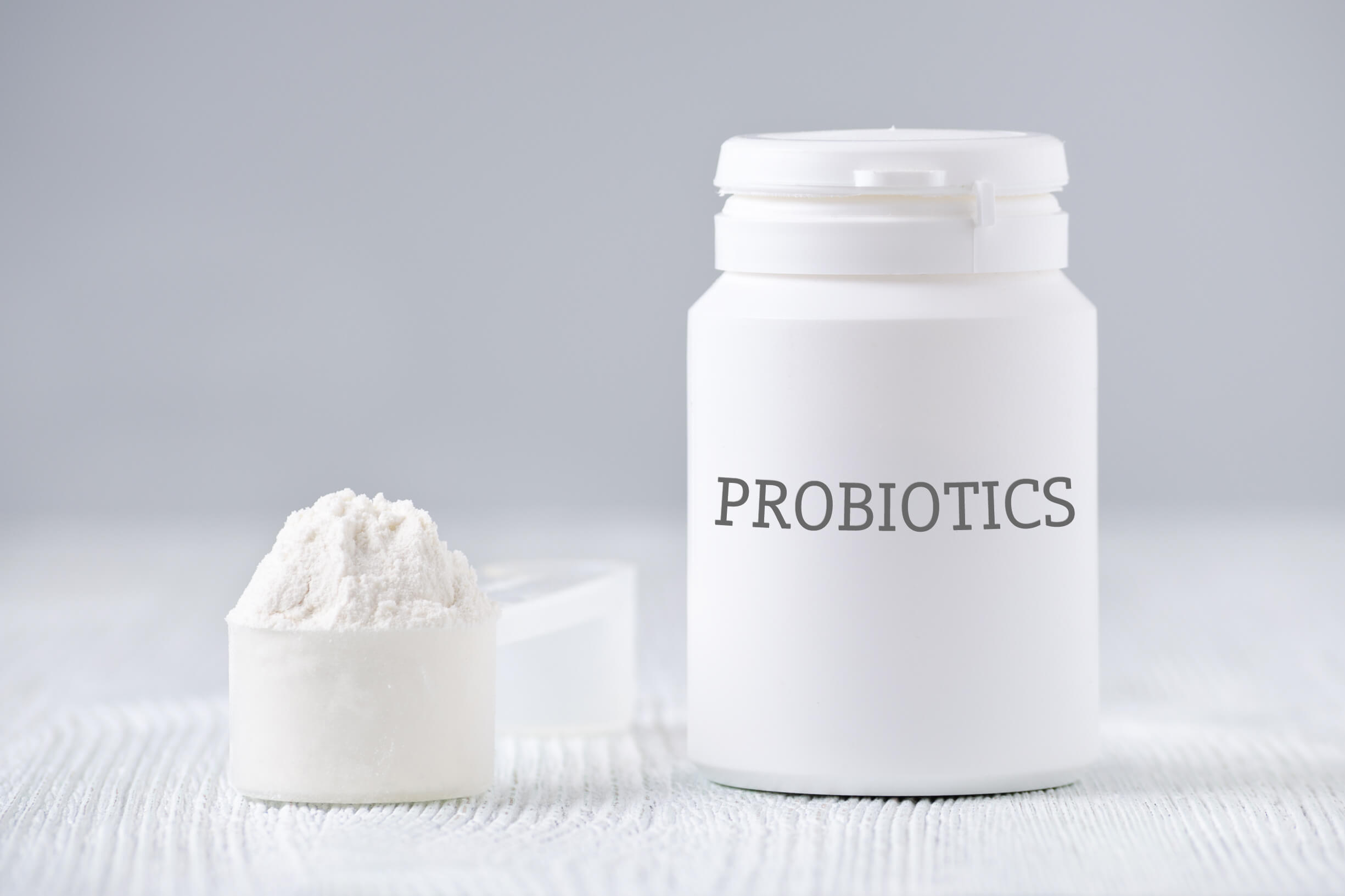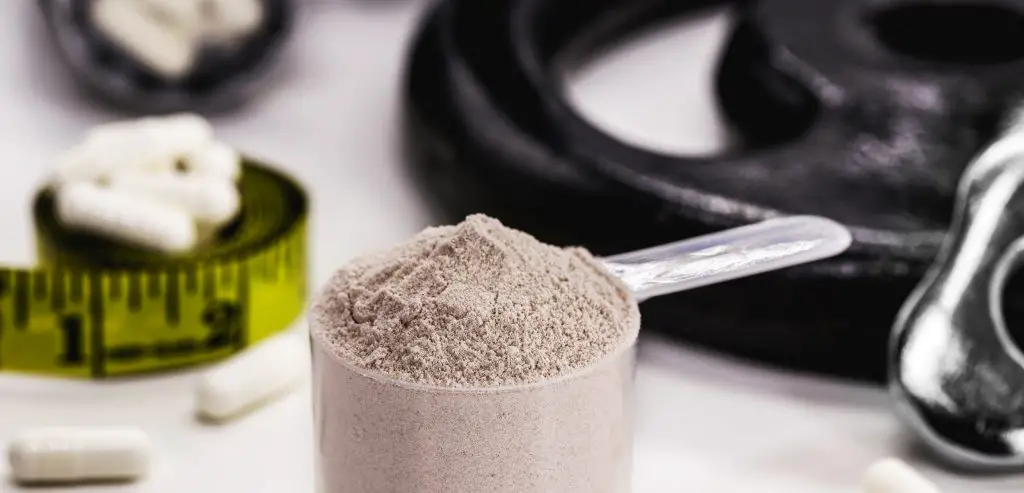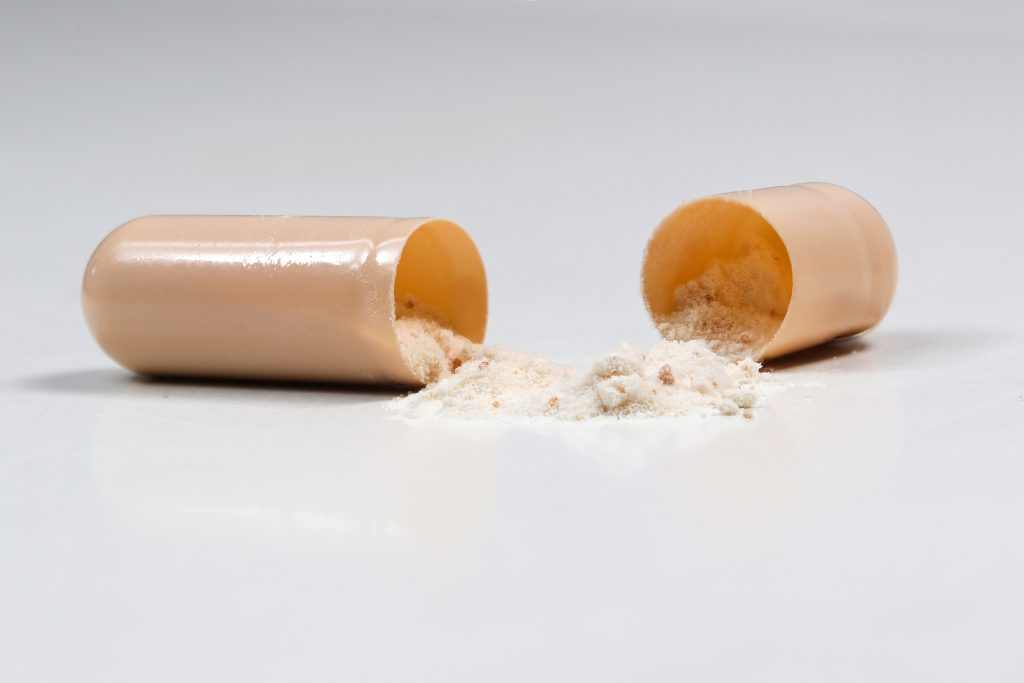Are Freeze-dried Probiotics Effective?

As an affiliate, we may earn a commission from qualifying purchases. We get commissions for purchases made through links on this website from Amazon and other third parties.
Many people are interested in probiotics but don’t know if freeze-dried probiotics are effective.
Probiotics have become a popular topic in the health world, and for good reason! They offer a number of potential health benefits.
So, what are freeze-dried probiotics? And more importantly, are they effective?
Freeze-dried probiotics are simply probiotics that have been dehydrated using freeze-drying. This process preserves the bacteria and enzymes in the probiotic supplement.
What are freeze-dried probiotics and how do they work?
Probiotics are live bacteria and yeasts that are good for your health, especially your digestive system. They are usually consumed in the form of food or supplements. Probiotics can also be found in some foods, such as yoghurt and kefir.
Freeze-dried probiotics are a special type of probiotic that has been dried and then frozen. This process kills the bacteria and yeast but leaves their DNA behind. When the freeze-dried probiotics are ingested, the live bacteria are released and they begin to grow again. This helps them to colonize the gut and improve gut health.
There are many different strains of freeze-dried probiotics, each with its own unique benefits. Some common strains include Lactobacillus acidophilus, Bifidobacterium longum, and Saccharomyces boulardii.
Freeze-dried probiotics are a convenient way to get the benefits of probiotics without having to consume live bacteria or yeast. They are also more shelf-stable than live probiotics and can be stored at room temperature.

Are probiotics in powder form effective?
There is a lot of debate surrounding the effectiveness of probiotics in powder form. Some people believe that the powder form is more effective because it can be absorbed better by the body, while others maintain that capsules are better because they are easier to digest.
There is no definitive answer as to which form is better, and more research is needed to determine which form of probiotics is most effective.
Powdered probiotics are typically made from live bacteria cultures that have been freeze-dried. This process helps to preserve the beneficial bacteria and makes them easier to store and transport. Probiotic powders can be mixed into water or juice, and are also sometimes added to food products, such as yoghurt.
Capsules are another popular form of probiotics. These supplements typically contain a dried powder that is encased in a gel capsule. The capsule protects the bacteria from stomach acids, which can help to ensure that the bacteria reach the intestines alive.
Capsules are generally considered to be more convenient than powders, as they do not need to be mixed with any other food or beverage.
Do probiotics survive freeze-drying?
It’s a question that has been debated for years: do probiotics survive freeze-drying? The answer is not as straightforward as you might think. Let’s take a closer look at the science behind it all.
When it comes to probiotics, freeze-drying is often seen as a way to increase shelf-life and stability. However, there is still some controversy surrounding the topic. Some studies have shown that freeze-drying can indeed reduce the number of live bacteria in a probiotic supplement, while other studies have found no significant difference.
It’s important to keep in mind that freeze-drying is a complex process, and different probiotic strains may respond differently to the process. In addition, the method of freeze-drying (slow or rapid) can also affect the results.
Freeze-drying is a common method for the preservation of probiotics, including bifidobacteria. However, the stability of freeze-dried bifidobacteria varies depending on the freeze-drying method and subsequent storage conditions. [1]
So, while it’s still unclear whether or not probiotics survive freeze-drying, the jury is still out on this one. If you’re looking for a probiotic supplement with a long shelf-life, it might be worth considering one that has been freeze-dried.
However, if you’re looking for a probiotic with the highest possible number of live bacteria, you might want to choose one that has not been freeze-dried.

Does freezing damage probiotics?
Probiotic capsules should not be frozen because they may be damaged during the freezing and defrosting process. However, depending on the product, the contents of a capsule may be frozen as the bacterium should be able to survive this treatment and retain its efficacy. [2]
Can probiotics live in powder form?
It is a common misconception that probiotics die when they are exposed to oxygen. In fact, the majority of probiotics can survive in both anaerobic and aerobic environments. This means that they can live in both powder and liquid form.
Probiotics in powder form are often used as a food supplement, while those in liquid form are used as probiotic yoghurt or kefir. [3]
There are several reasons why some people prefer to take probiotics in powder form.
- First, powders are more shelf-stable than liquids and do not require refrigeration.
- Second, they are often more concentrated than liquids, so you may need to take less of a powder to get the same number of live cultures.
- Finally, some people believe that powders are easier for the body to absorb.
If you are considering taking probiotics in powder form, it is important to choose a high-quality product from a reputable manufacturer. Be sure to look for a product that contains live and active cultures and that has been stored properly to ensure maximum potency.
Are freeze-dried probiotics effective?
The use of freeze-dried probiotics as a dietary supplement has become increasingly popular in recent years, as more people are looking for ways to improve their gut health.
While there is some evidence to suggest that freeze-dried probiotics may be more effective than other types of probiotics, the research is far from conclusive. In one study, freeze-dried probiotics were shown to be more effective than standard liquid probiotics in terms of their ability to survive stomach acid and colonize the gut.
However, another study found that there was no difference in effectiveness between freeze-dried and liquid probiotics. [4]
It’s also important to keep in mind that not all probiotics are created equal. Different strains of probiotics can offer different benefits, so it’s important to choose a product that contains the strains that are most relevant to your health concerns.
If you’re considering taking a probiotic supplement, be sure to talk to your doctor first to make sure it’s right for you.
A quick reminder ..
Probiotics.tips aim to provide the most up-to-date information, help, and advice for YOU to make informed decisions. If you are unsure or uncertain and require more clarity, please reach out to us and we will gladly come back and advise you as best we can.
The best means to reach us is via email at info@probiotics.tips or fill out the form on our Contact Us page – click here.
Probiotics.tips
Sources:
[1] https://www.sciencedirect.com/science/article/pii/S0022030213002907
[2] https://www.performancelab.com/blogs/prebiotic/do-probiotics-survive-being-frozen
[3] https://isappscience.org/how-do-probiotics-stay-alive-until-they-are-consumed/
[4] https://www.ncbi.nlm.nih.gov/pmc/articles/PMC3500555/
About Us
Our goal is to empower you with concise probiotic guidance for a healthier gut. With expert advice, we provide the knowledge to improve your well-being and navigate the world of probiotics efficiently, ensuring you achieve optimal gut health.
- Can You Take Probiotics While Water Fasting?
- Does Fasting Help Microbiome Diversity and Functionality?
- Does Fasting Help Your Bowels
- Does Fasting Help Probiotics? Understanding Gut Health Benefits
- Does Fasting Help the Gut: Understanding the Impact on Digestive Health
Disclaimer
As an affiliate, we may earn a commission from qualifying purchases. We get commissions for purchases made through links on this website from Amazon and other third parties.
Check these out on Amazon








